Here's the story from the International Herald Tribune:
WARSAW: The Roman Catholic Church in Poland was in turmoil as a second prelate stepped down because of his Communist-era secret police ties, a day after the resignation of this city's archbishop over similar allegations.
Questions spread about just how broad and deep a stain secret-police collaboration had left on a church long regarded as a beacon of faith and freedom. Many people also have asked how or why the Vatican could have invited the storm by appointing a man to such a sensitive post despite knowing that he had a clouded past.
"The people responsible for the procedure of appointing such candidates applied the traditional way of doing it, which means it was without an investigation and was based on their confidence in the truthfulness of the candidate," said the Reverend Dariusz Kowalczyk, head of the Jesuits in Warsaw.
In short, church officials from Warsaw to Rome suggested that the archbishop, Stanislaw Wielgus, alone was to blame. But many people here worry that a mishandling of the affair could permanently damage the last major bastion of Roman Catholic faithful in Europe at a time when the church in Poland is already facing the secularizing trend that has emptied churches in Italy, France and Spain.
While cases of Communist collaboration by Polish clergy have made headlines before, the latest threatens to set off what some worry could be a pernicious cycle of exposures that could erode the Catholic Church's image in Poland.
Just a day after Wielgus resigned after admitting that he had collaborated with the Polish Sluzba Bezpieczenstwa, or security service, the Reverend Janusz Bielanski resigned as rector of Krakow's Wawel Cathedral, the burial site of Polish kings and queens. Bielanski cited "repeated allegations about his cooperation with the secret services" in his resignation.
Meanwhile, the archbishop's resignation has divided the church between those, like Cardinal Jozef Glemp, who were angered that public pressure had scuttled the appointment and the 60 percent of Poles who wanted Wielgus to step down, according to one survey. Glemp, who held was archbishop before the appointment of Wielgus and was reappointed temporarily after the resignation, defended Wielgus on Sunday.
The conservative daily newspaper, Dziennik, called Glemp's defense a "huge mistake," writing that "he didn't even mention that the archbishop lied to the last minute. That he lied to the pope, bishops and faithful."
The turmoil in Poland reverberated back to the Vatican. One of Pope Benedict XVI's greatest concerns is the rapidly declining church attendance around Europe. Any deep erosion of faith in Poland as a result of revelations that priests collaborated with the Communists would be troubling for a pope elected to re-evangelize Europe as a whole.
George Weigel, a Catholic writer who has taught in Poland for the past 15 years, said that he did not believe the Wielgus case alone could provoke such wide distrust.
"The danger is for the future," he said. "If you don't acknowledge that there were problems with a very small minority of people, and that some of them included the clergy, then you run the risk of seeming to be avoiding the truth." Weigel said that the Polish church should appoint its own commission to review the secret police files — and to explain publicly what it finds.
In a letter to Polish bishops on Saturday, Wielgus wrote that soon after his nomination to the archbishop's post he had informed the pope and other Vatican officials of "being entangled in contacts with the secret services of past times."
The Vatican could have asked the bishop for access to any files related to his entanglement that might have existed in the secret police archives. It is not clear whether the Vatican did so before it appointed him to the job. Such files did exist and were eventually leaked to the media, leading to Wielgus's resignation.
Cardinal Giovanni Battista Re, the Vatican official responsible for appointing bishops, said that in this case church officials simply did not know the full story of Wielgus's past.
Craig S. Smith reported from Warsaw, and Ian Fisher from Rome.
![[Unam Sanctam]](https://blogger.googleusercontent.com/img/b/R29vZ2xl/AVvXsEiymQ2adTjpZ1ABhPBbBBquiPCxeQrc4Jy_97vOikT0wGQeJleriiXQy6ebnb0jrYe-TfvcK77txStB4aIwVAdD41ZdMkVfNtFGC0JX6LBV9B8mfeRZaIAM7Sj-011ag3DiKQzv/s1600/headerdivinemercy.jpg)












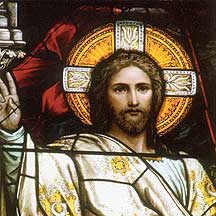







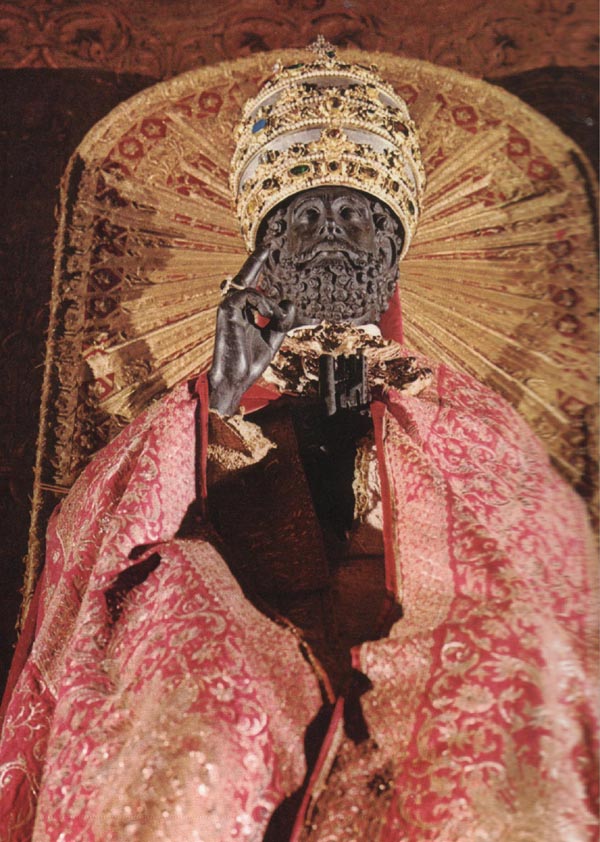
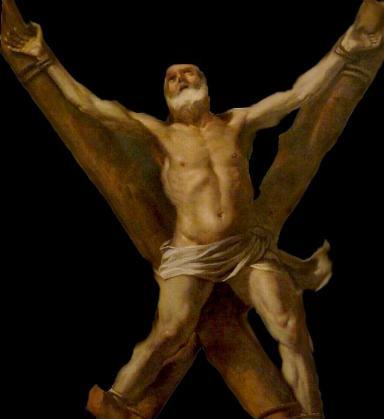




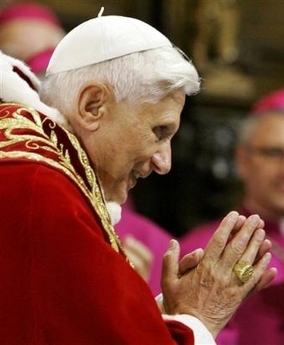






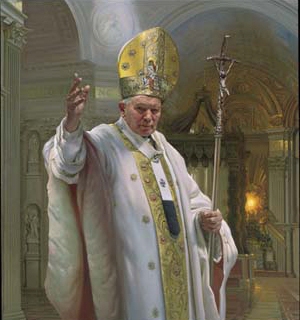
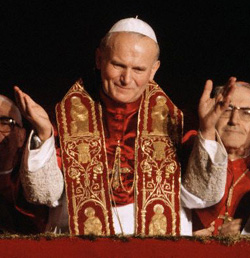
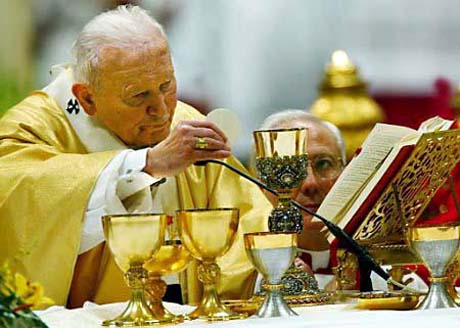







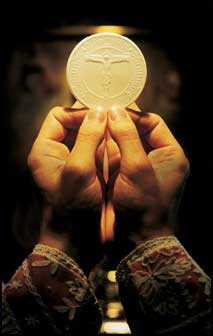
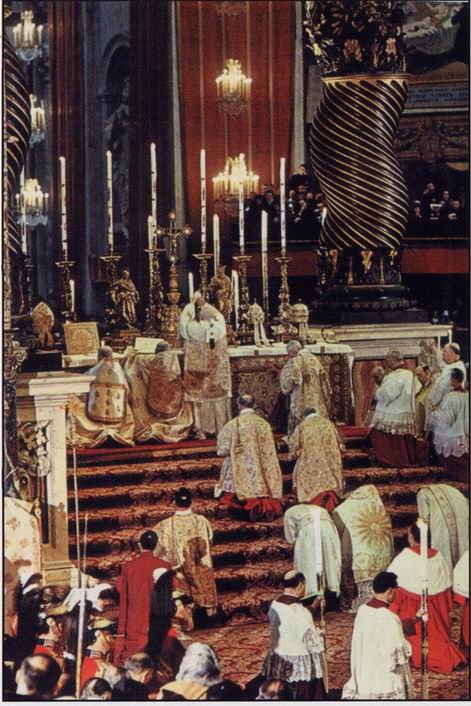

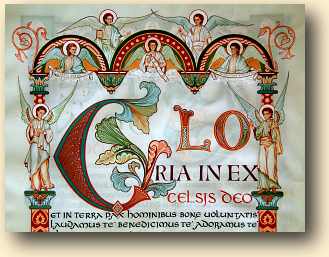

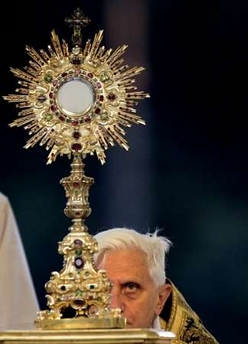


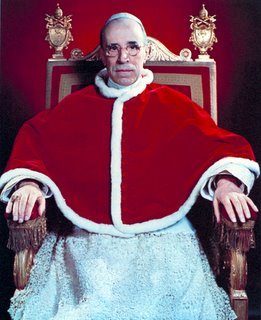




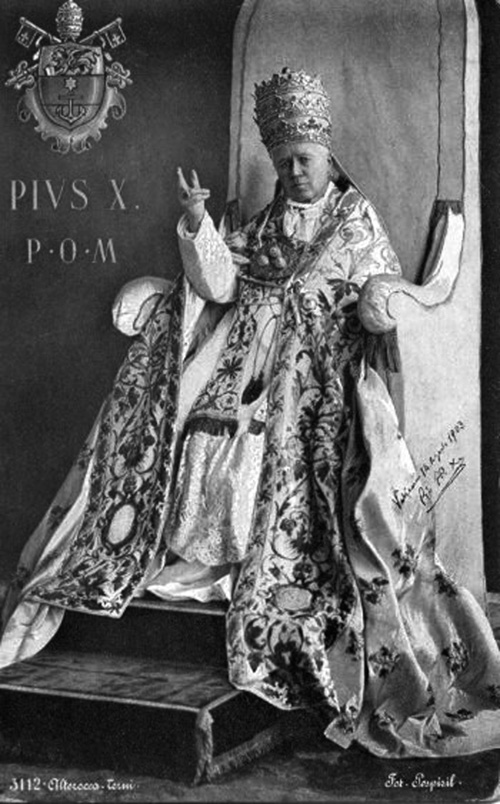



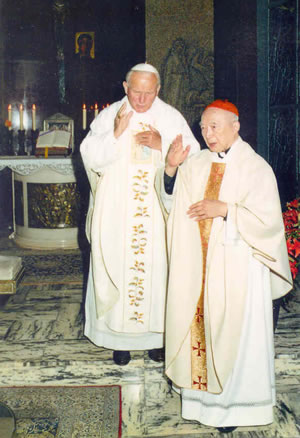






1 comment:
Hello Andrew,
It is amazing that so many people still fail to understand the Machiavellan nature of the Vatican and Christian leaders throughout history. The Prince was inspired by Machiavelli's years working in the Vatican for the Borgia clan. Just as we have seen with the recent spate of revelations regarding the American religious right and the Republican party, religious and secular leadership have always conspired against the populations they jointly manipulate to gain wealth and power. Whether we look at Communism, Fascism, Democracies, or Monarchies, the leaders of most religions, but most especially the faiths of Abraham, are always in bed with those in power. While pretending to help those they preach to, these scoundrels are regularly involved in blatant deception and duplicity. Playing both sides of major conflicts and social schisms is how the Vatican and its cohorts have divided populations and governments throughout history.
The time is long past for those who still support these cabals of liars to get a clue about the true nature of the Vatican and religion in general. These people have never been trustworthy and little has changed throughout history.
Here is Wisdom...
Post a Comment